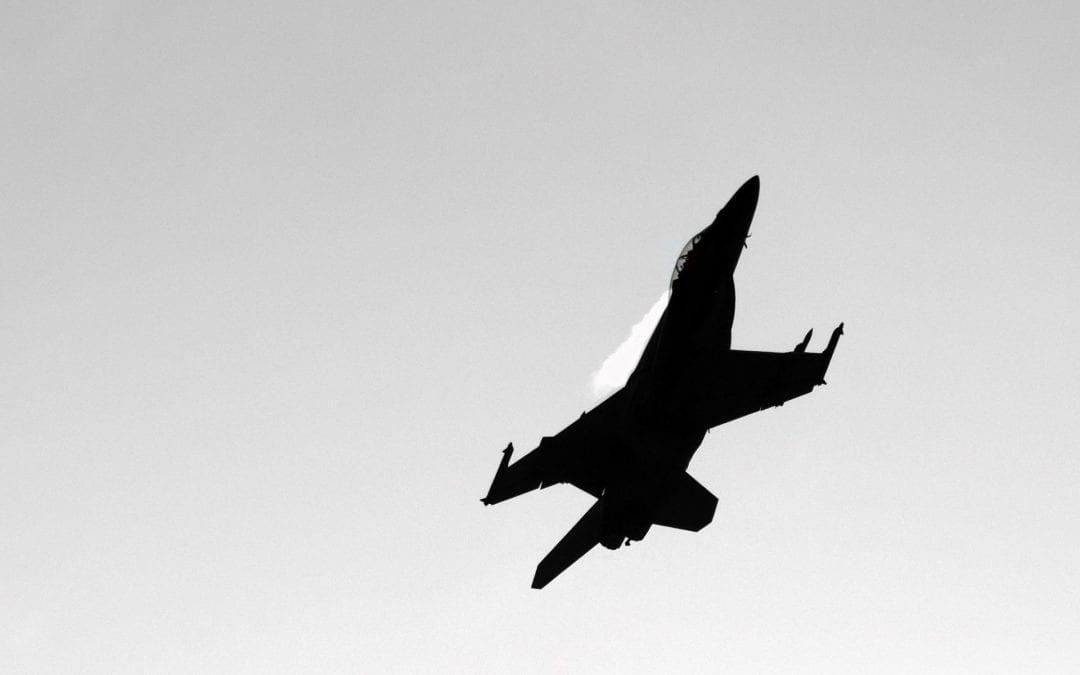Words by Stephen Hoadley
Photo by Craig Manners on Unsplash
What does Hamas hope to achieve by attacking Israel? Stephen Hoadley looks at which actors stand to gain most, and lose most, from the conflict.
Hamas’ invasion of Israel is likely to be viewed with anger by those who support Israel and who advocate rules-based diplomacy to resolve Middle East conflicts, with approbation by those who support the Palestinian struggle against Israel and the West by any tactics necessary, and with bewilderment by those unfamiliar with the complexities of the Middle East.
What could the Al Qassam Brigades of Hamas, numbering at most 30,000 poorly trained fighters (albeit led by a core of a few hundred trained commanders) hope to achieve against the crack Israeli Defence Force numbering 170,000 active troops backed by 465,000 trained reserves? Was the attack hopeless from the start, nothing more than another terrorists’ spasm or suicide mission by desperate ideologues?
I believe it was more.
While officials and the news media will inform us about the ‘what’ and ‘how’ of the invasion, a geopolitical analysis can shed a wider light on which actors stand to gain most, and lose most, from the conflict.
To put it another way, why did Hamas attack, and why now? It has become evident that Israel’s successes in normalising relations with many Arab neighbours (the Abraham Accords), and recent rapprochement with Saudi Arabia, have marginalised the Palestinians. Militant leaders such as those of Islamic Jihad, ignored and sometimes opposed by the ageing Palestinian Authority, have sporadically lashed out against ‘soft targets’ (Israeli civilians) to maintain credibility and to justify receiving rockets, mines, small arms, and finances from Iran. The Hamas attack, even though inevitably repulsed, has demonstrated the militants’ ability to inflict damage, injury, and death in Israel, and will serve as an inspiration to its followers in Gaza and opponents of Israel farther afield.
The attack was a win for Hamas’ core leaders, for sympathetic anti-Israel militants, for sceptics of the Western rules-based order, and for Iran, Russia, and China … Innocent Palestinians will gain nothing from Hamas’s murderous incursion, and many will lose their homes and livelihoods if not their lives in the Israeli response.
Iran, as the mentor and arsenal of Hamas, has gained stature among not only opponents of Israel but also opponents of the West as led by the United States. Iran has defied European, US, and Israeli efforts to interdict weapons-smuggling to Hamas (and to other militants such as Hezbollah in Lebanon and Houthi in Yemen) and continues to support terrorist cells throughout the region.
Russia and China have gained inasmuch as a blow has been dealt against Israel, a key partner of their strategic rival America. Washington is shown to be incapable of upholding its ambitious rules-based order, and the putative global policeman has failed again to keep the peace or to protect a protégé.
US and Israeli intelligence are again shown to be defective, the invasion having taken all authorities by surprise. By contrast, Hamas tactics are shown to be more cunning, ruthless and effective than in previous clashes with Israel.
What now? The government of Israel has declared war on a government it does not officially recognise, has mobilised reserves, and deployed the Israeli Defence Forces (IDF) to engage the Hamas fighters on Israeli soil and in Gaza itself. Winning the immediate battle is assured. But winning the longer-term battle, and establishing a stable peace, is not.
Israel faces an asymmetric challenge. As an upholder of international law, including the Geneva Conventions (laws of war), the IDF is limited in the military methods it can legally and morally employ. Given that the Hamas fighters have taken refuge in closely spaced apartment buildings populated by civilians, destroying those buildings, as the Russian Air Force did in Aleppo in 2016 and are doing in Ukraine continuously to date, is not acceptable policy by a liberal democracy such as Israel. Even carefully aimed Israeli artillery and air strikes against Hamas positions will inevitably kill nearby civilians, and fuelled by media stories, world public opinion (including US opinion) will turn further against Israel.
Hamas’ capture of hostages further complicates Israel’s efforts to subdue the militants, who can threaten to use the hostages as ‘human shields’ or murder them if the IDF advances. Prisoner exchange negotiations with terrorists will humiliate the Israeli government and lead to lopsided exchanges freeing large numbers of convicted Hamas terrorists and murderers serving time in Israeli jails. New Zealand and most Western governments view Hamas and the Al Qassam Brigades as terrorist organisations and negotiating with them is fraught with moral dilemmas.
The until-now restive Israeli public might temporarily rally behind Prime Minister Benjamin Netanyahu as the necessary leader of the fight to repulse Hamas, but when the shooting stops the recriminations will begin, the security failures will be inventoried, and the credibility of Netanyahu’s leadership will further erode.
In sum, from a geopolitical perspective, the attack was a win for Hamas’ core leaders, for sympathetic anti-Israel militants, for sceptics of the Western rules-based order, and for Iran, Russia, and China. It was a set-back for Israel, the United States, Europe, and advocates of diplomacy and the rules-based order. Normalisation of Israel’s relations with its neighbours, most importantly with Saudi Arabia, will pause, and progress towards a stable Middle East peace will slow. Innocent Palestinians will gain nothing from Hamas’s murderous incursion, and many will lose their homes and livelihoods if not their lives in the Israeli response.
Dr Stephen Hoadley is a veteran academic, media commentator and public speaker, affiliated with the University of Auckland. He is an honorary captain in the Royal New Zealand Navy. This article reflects the opinion of the author and not necessarily the views of Waipapa Taumata Rau University of Auckland.
This article was first published on Newsroom, Hamas attack: Why now, and who benefits?, 9 October, 2023

